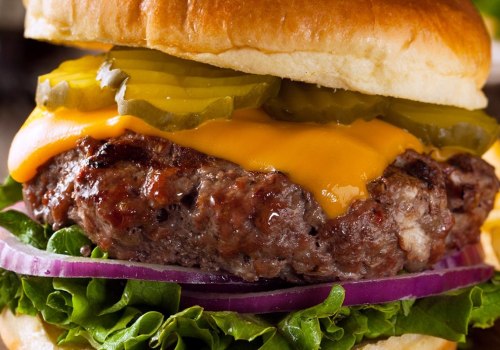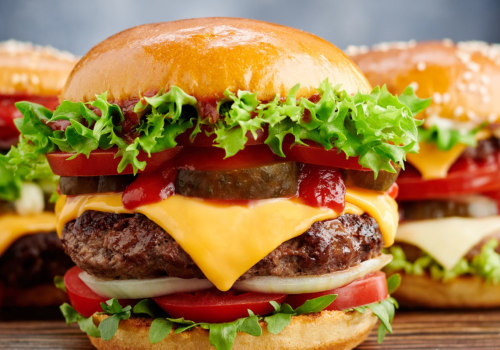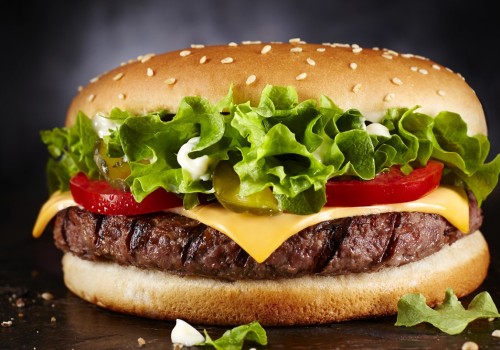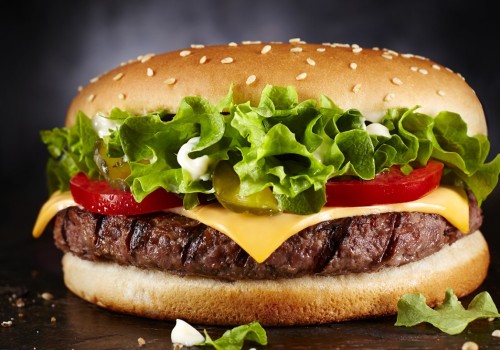Ben Turley, co-owner of The Meat Hook and culinary partner of Threes Brewing, has a strong opinion on the state of the hamburger today. He believes that the modern hamburger industrial complex is lacking in transparency and quality. In this article, he explains his problem with the current state of hamburgers, and provides tips on how to make a better hamburger at home. When it comes to hamburgers, people rarely ask about the supply chain or where their hamburger comes from.
Even if they do see the name of a supplier, it doesn't tell them much about the real origin of the meat. Most hamburgers made with raw beef come from the same cuts, which are usually trimmed and junk that otherwise wouldn't be marketable. The only way to make hamburgers made with this meat taste different is through the cooking technique, toppings, and rolls. Adding flavor with wet or dry aging can help, but the real problem is that most people work with a product that has very little flavor of its own.
Turley suggests opting for grass-fed food as the difference in taste between commodity beef and grass-fed beef is night and day. Grass-fed beef makes meat taste more like itself, is tastier and meatier, and that artificial sweetness of grain-based feed has completely disappeared. He recommends developing a relationship with someone who knows where their meat comes from, such as a butcher, farmer, or storekeeper who can answer your questions. When you start working with better beef, you'll change the way you think about a hamburger and the way you eat it.
Turley suggests using salt, pickles and onions as toppings for your hamburger. He also recommends buying a mixture that has at least 25% fat for your burgers if they are going to be cooked or half-cooked. Cheese can also make a big difference in your hamburger. Brie, gouda, Monterey Jack and goat cheese are good options for cheeseburgers.
When it comes to bread, brioche and potato rolls are softer than pretzel rolls and can add a subtly sweet touch to an otherwise tasty meal. Finally, Turley emphasizes that trying to reproduce a restaurant's hamburger without knowing all the factors can make a big difference. There is a correct and professional way for Iron Chef to prepare a hamburger that most people don't know about when making burgers at home. In conclusion, making a restaurant-quality hamburger at home requires more than just good ingredients - it requires knowledge of how to use those ingredients correctly.
Opting for grass-fed beef, using specific toppings and cheese, and choosing the right type of bread can all make a big difference in the final product.



